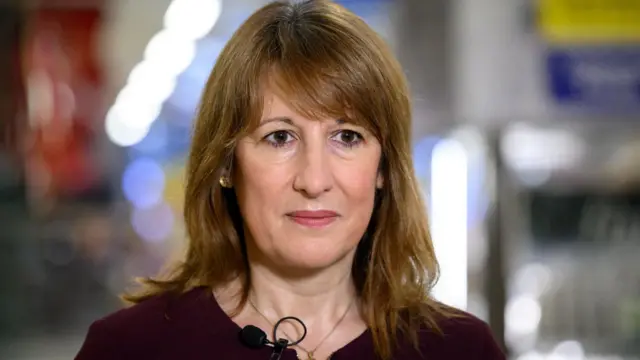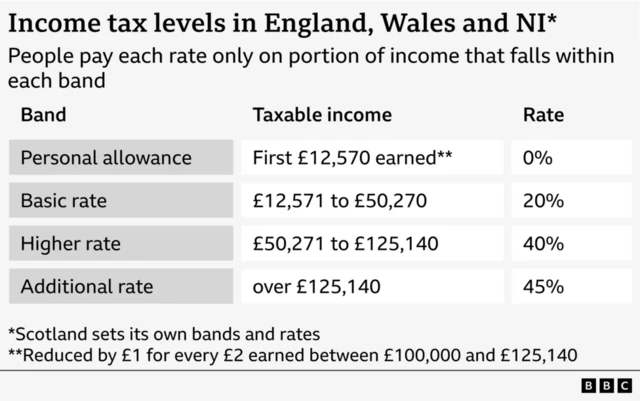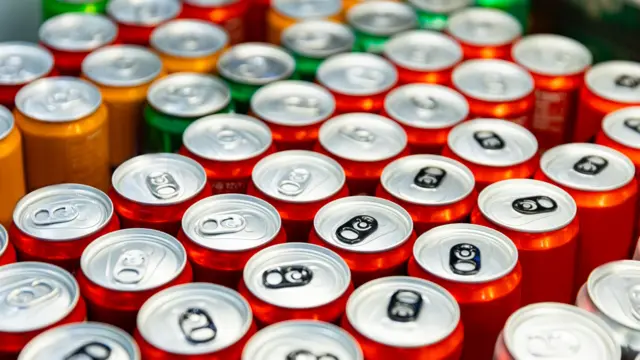The government's fiscal rules explained in 130 wordspublished at 10:59 GMT
 Image source, Reuters
Image source, ReutersWe expect Chancellor Rachel Reeves to increase a series of taxes tomorrow - and, if she does, she is likely to use her fiscal rules, or targets, as justification. There are two main targets:, external
- That by 2029/30, the day-to-day budget should be in surplus. This means the government would only borrow for "investment" - for example, to build new infrastructure
- By the same year, government debt should be falling, relative to the size of the economy, compared with the previous year (2028/29). That doesn't necessarily mean the national debt will fall - just that, as a percentage of national income, it will be lower than the previous year
It's important to remember these rules are self-imposed by the government. Reeves and the Treasury could choose to change them.


